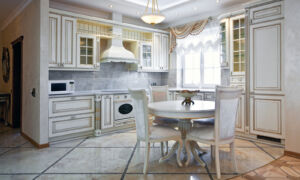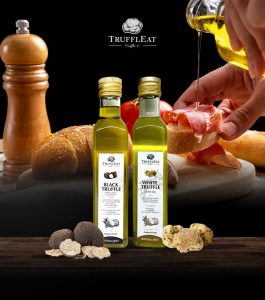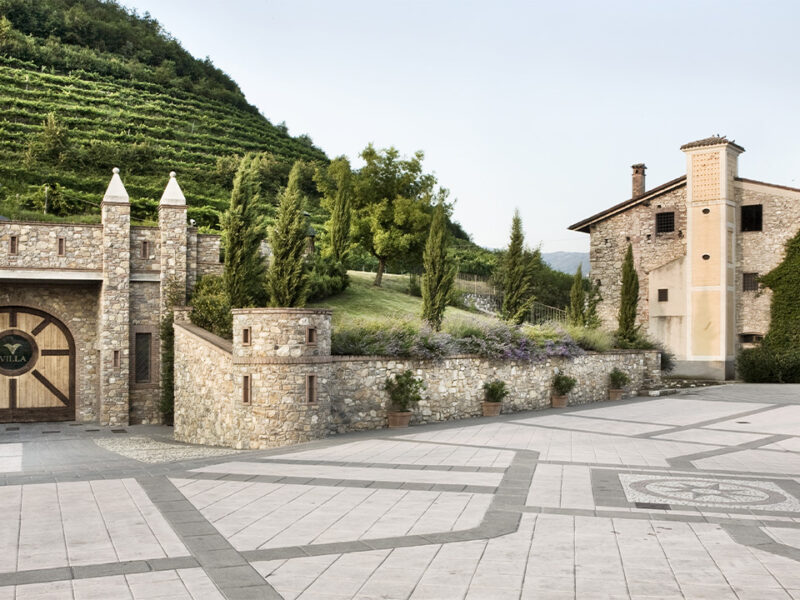By Hunter Boyce
From The Atlanta Journal-Constitution
Choosing the right tile for that big kitchen renovation project can be a tough job on its own. From ceramic and porcelain to stone, there are a number of options to choose from—each with its own advantages and drawbacks.
Here’s a quick breakdown of some kitchen tile basics to help make the decision a little easier.
Stone
If you are interested in giving your kitchen a more natural look and texture, stone tile may be perfect for your space. There are downsides, however.
“It is a more expensive material, but the beauty and the individualism of natural stone speak volumes that justify the expense,” Westside Tile and Stone reported. “They do require special care, but when you follow the recommended regiment, they will always look beautiful. Some choices in natural stone are: marble, limestone, travertine, slate, granite (and) quartz.”
For a lower maintenance stone kitchen floor, consider granite. For better textures and more color options, consider marble. But, there is a stone out there for almost every style and need.
Ceramic
Non-porcelain ceramic tiles are great for two reasons: versatility and cost effectiveness. If practically best fits your kitchen’s purpose, ceramic is almost never a bad choice.
“The tiles are made by shaping and firing a selection of clays and minerals to form a biscuit,” Fitzgerald Kitchens reported. “These are then glazed and can then be printed with a pattern or texture before firing them again.
“They are extremely practical, economical and durable. Because of the tile’s glazed surface, they are also hygienic and allow for a multitude of designs and finishes.”
Porcelain
Fired at higher temperatures and forged from finer, denser clay, porcelain is ceramic’s high-performance counterpart. It’s tougher, more resistant and doesn’t stain as easily. For kitchens with heavy foot traffic, it doesn’t get much better than porcelain tiles.
“In the world of floor and wall coverings, porcelain tiles are the undisputed king in terms of durability,” Express Flooring reported. “The tiles are heated at extreme temperatures resulting in an extremely rigid, durable, and stain-resistant tile that is impenetrable to moisture. They can be installed in the harshest of places and can withstand cold, rain and extreme weather conditions for an extended period of time.”
Copyright 2023 The Atlanta Journal-Constitution. Visit at ajc.com. Distributed by Tribune Content Agency, LLC.




